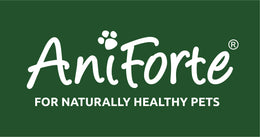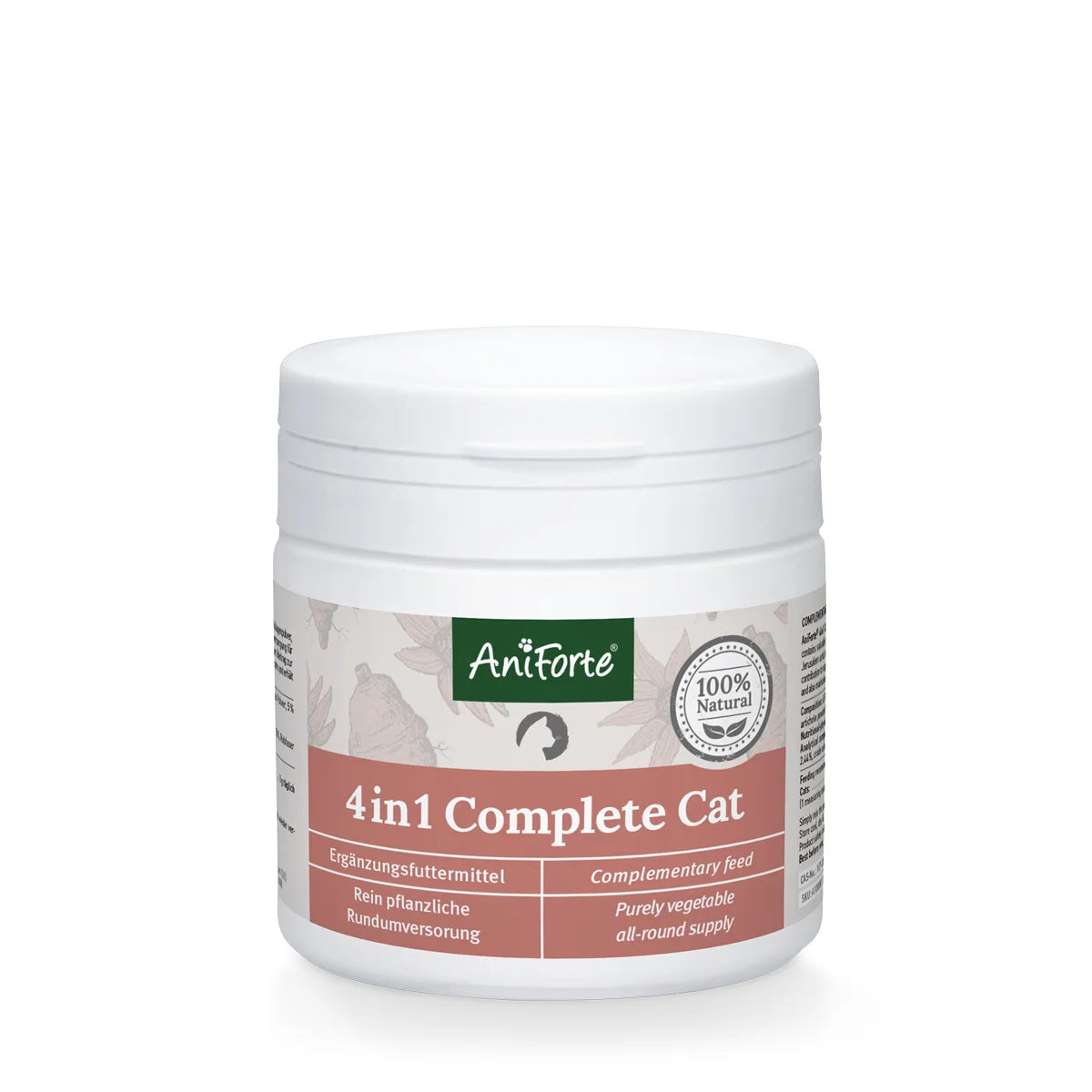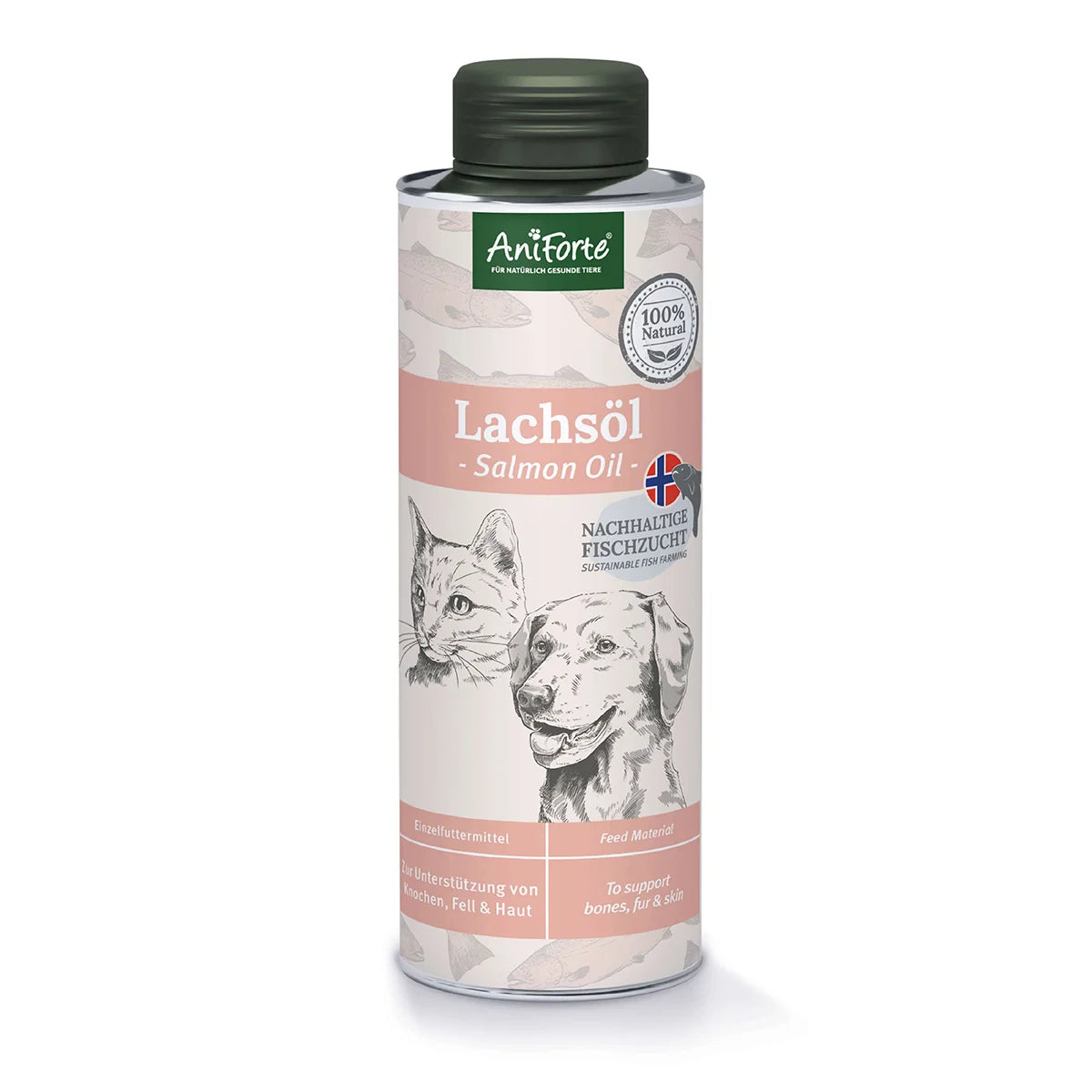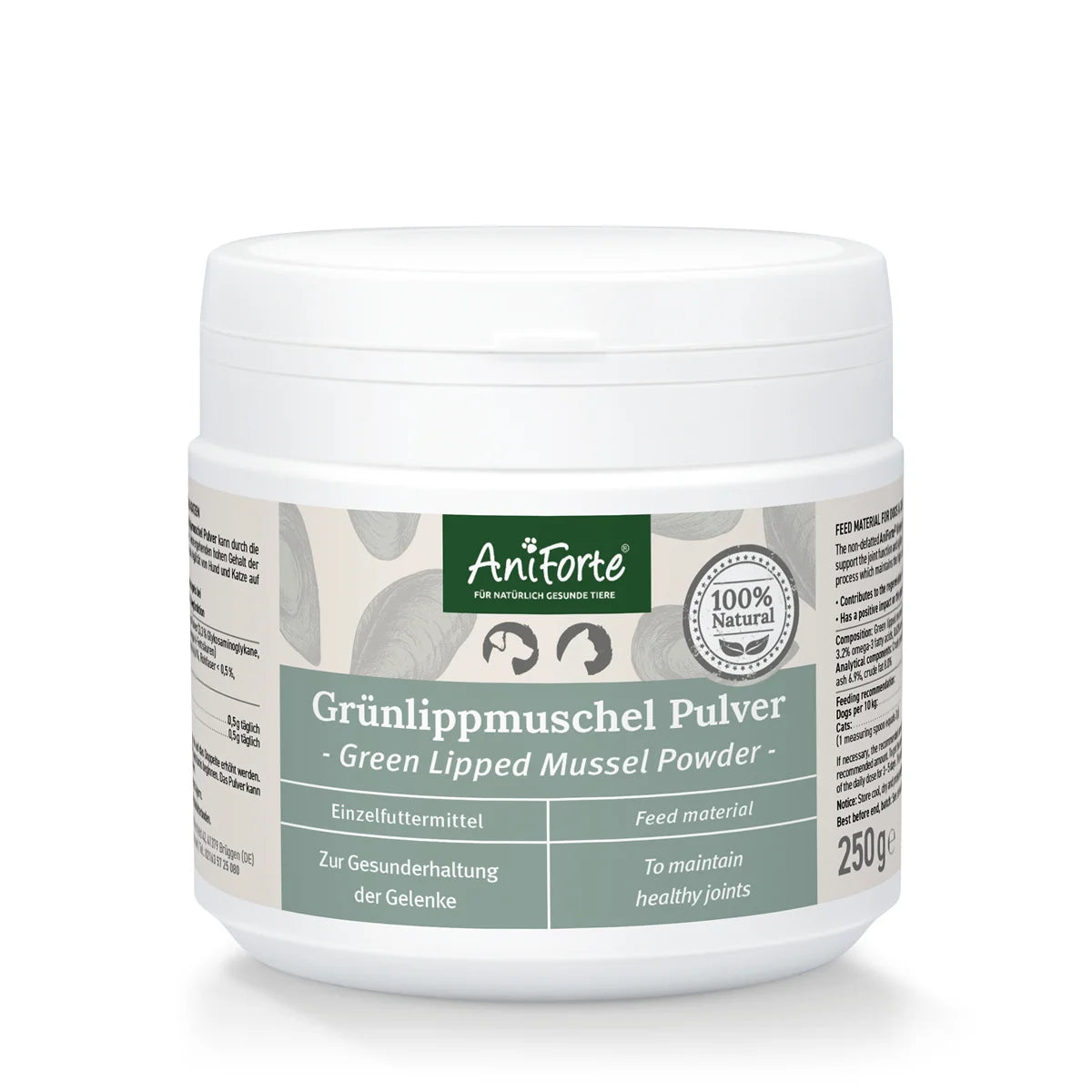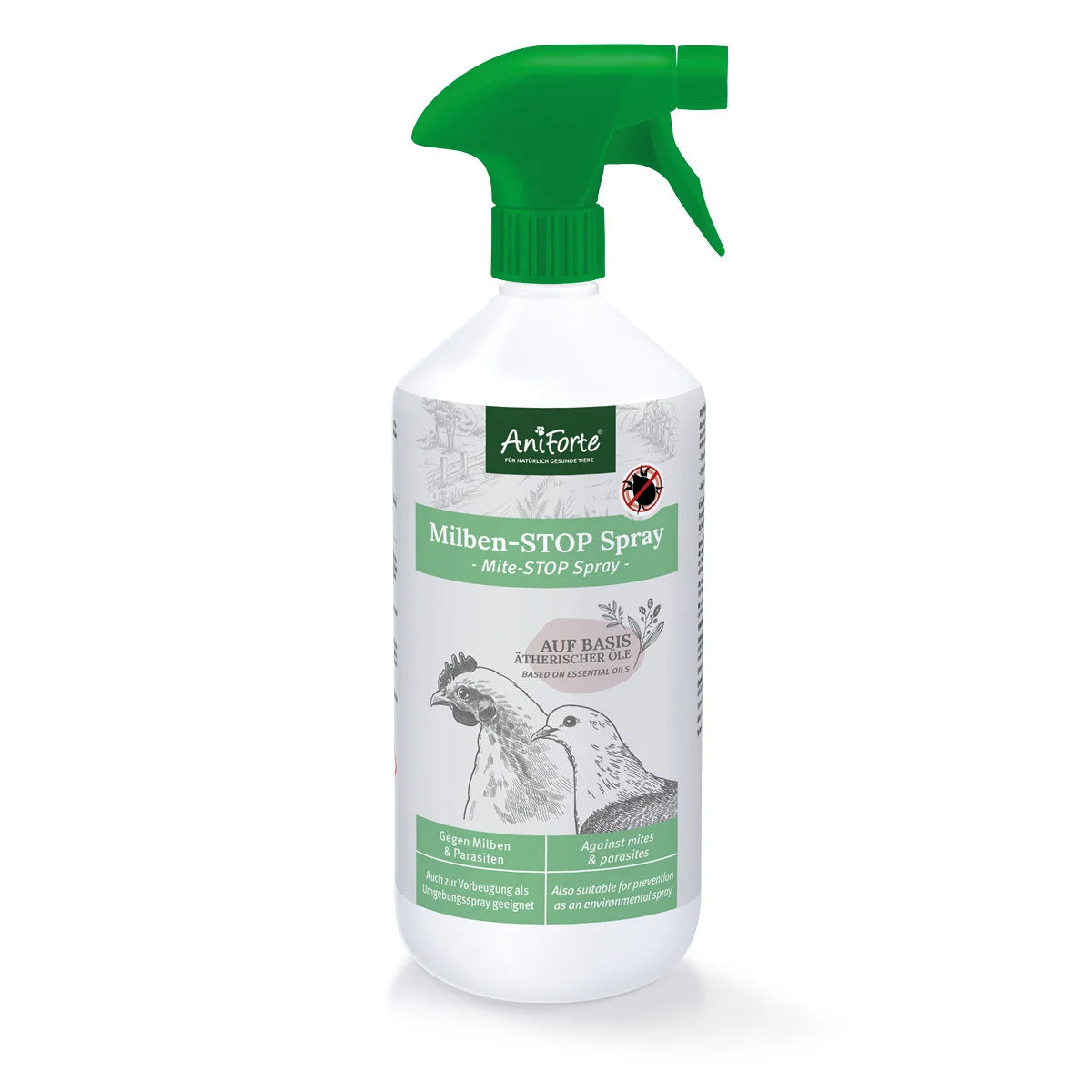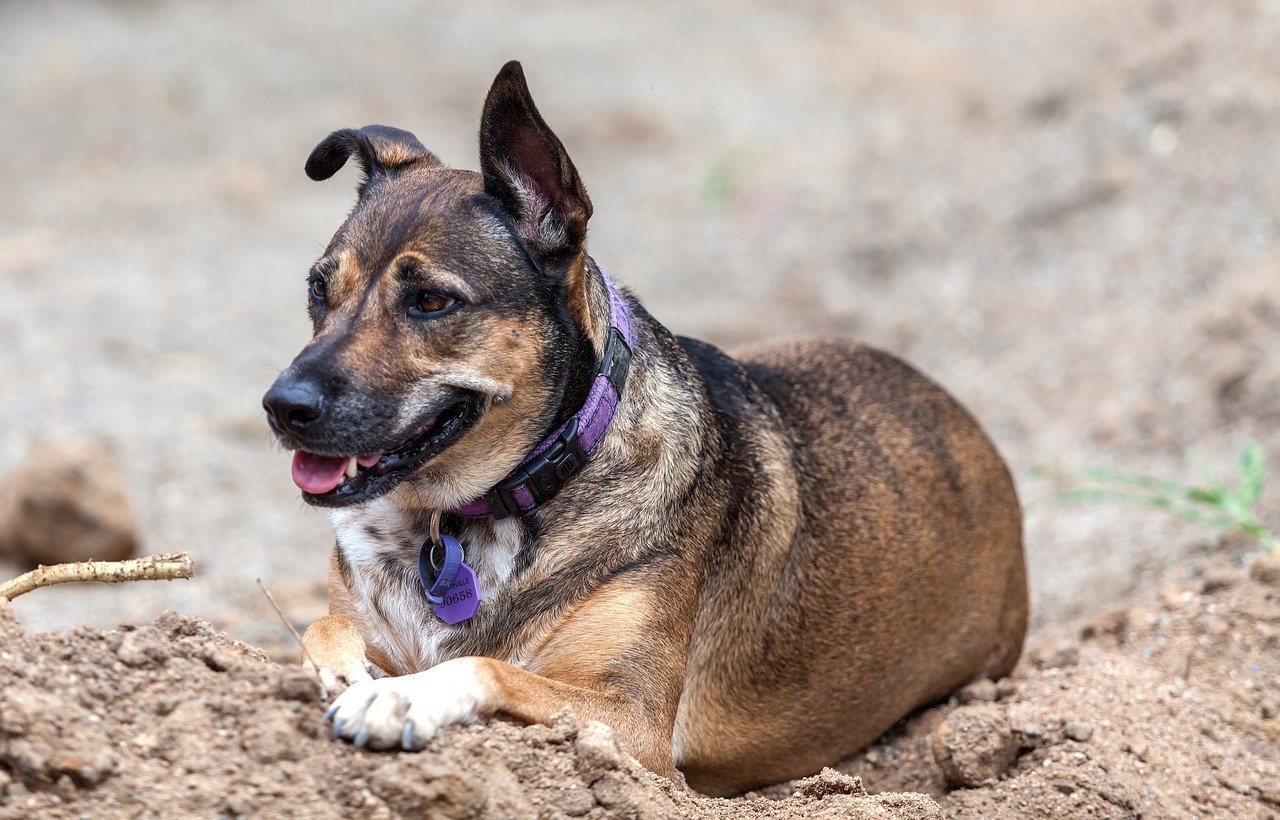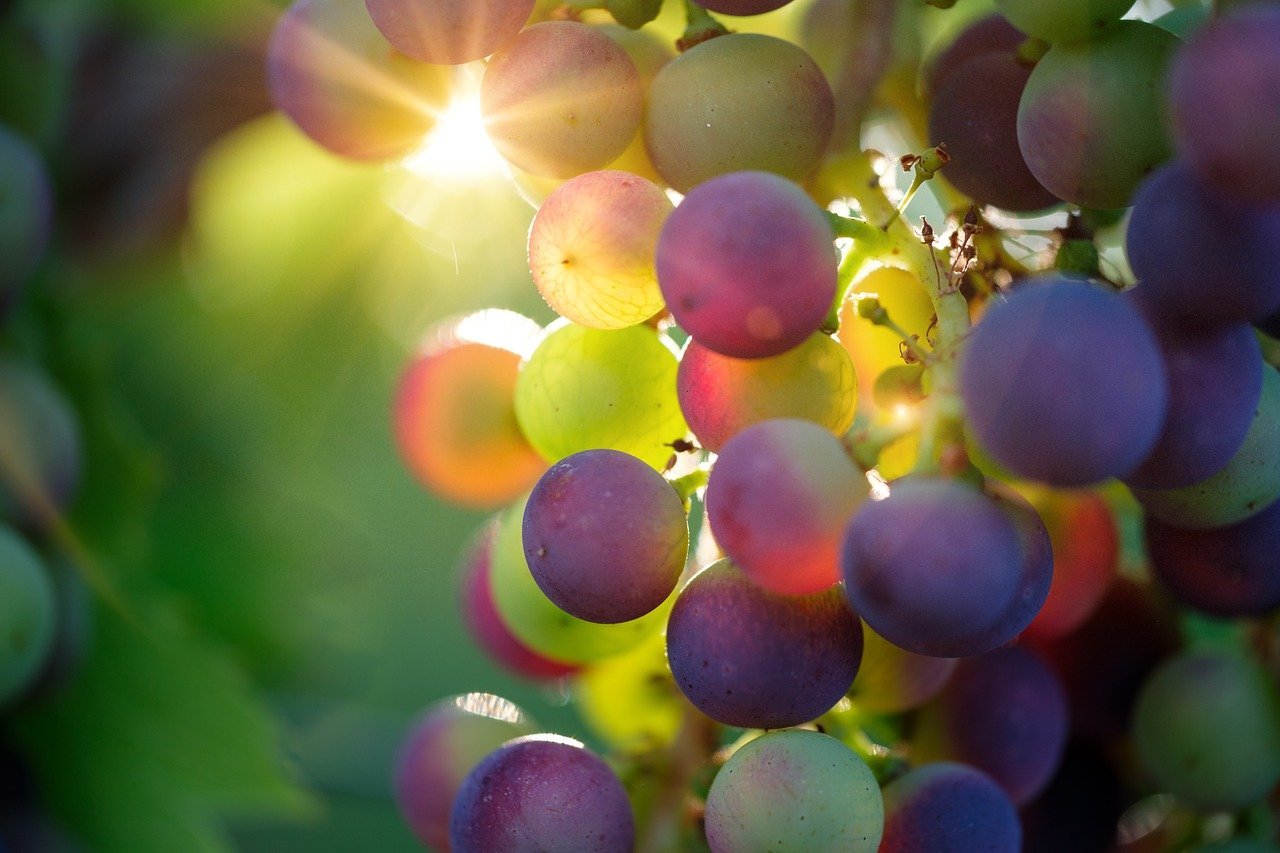It seems that just yesterday your furry friend was still lively and agile, today you see the first gray hairs and typical signs of age. Instead of romping around, your little friend takes it much easier and prefers to hide under the blanket. But what are normal behaviour changes in older dogs, and what are signs you need to worry about?
External signs of an older dog
You can’t say in general terms when a dog counts as “old,” because just like us humans, a dog is as old as he feels or behaves. Generally speaking, dogs from the age of 7 or 8 are considered senior citizens, even if they don't behave like it. It is not uncommon for dog owners to report that their supposed senior dog is still quick and in great shape. The individual life expectancy depends on the breed and size of the dog. Larger dogs age faster than small dogs, but science is still not sure why.
Even if your dog's behaviour does not say anything about his real age, you can still spot the occasional gray hair in his coat. The older the dog, the more advanced the signs of age. The coat no longer has such an intense color, shine decreases and an old dog looks less handsome and muscular.
External signs of a senior dog are:
- White-gray fur, especially around the muzzle and ears
- The color intensity and the coat shine decrease
- The dog's muscles are no longer as pronounced
- The regular change of coat takes significantly longer
Perhaps you have also noticed that your senior dog is shedding more hair and that the change of coat lasts much longer than before. This is because the metabolism of old dogs works slower and the nutrients are absorbed and processed slower as a result.
In order to best support your senior dog when he’s changing coat, nutrients such as brewer's yeast and feed oils are essential. While brewer's yeast supplies important B vitamins and stimulates the skin and coat metabolism, oils such as coconut oil or salmon oil (also available as capsules) ensure a shiny coat. In addition, their ingredients stimulate the immune system and thus support the health of your older dog.
Behaviour of old dogs
It is not just the appearance of our dogs that changes with age. Just like us humans, dogs sometimes develop different behaviours. They become more sluggish because their metabolism is no longer as active and produces less energy, they sleep significantly longer and have less stamina. In general, the senior dog moves less. He withdraws more often and seeks peace.
The cognitive abilities also change, the old dog reacts more slowly and may not hear your commands as acutely as before. Memory performance, the ability to learn and attention are also not spared and decrease. Your old dog needs a lot more time. Activities that used to please him hardly attract him anymore. Your dog may bark more often or even develop separation anxiety. This is part of the normal aging process for dogs.
Of course, not all these behaviour changes have to occur in your dog. The symptoms of getting older depend on the character of the dog, its way of life and of course the breed and disposition.
Behaviour in old dogs that should cause concern are sudden changes: the dog no longer wants to go for a walk from one day to the next, appears tired and exhausted, or even refuses to eat. An increase in aggressiveness towards other animals and people as well as increased uncleanliness in the house should be observed more closely and discussed with the veterinarian. These can be the first signs of Canine Cognitive Dysfunction Syndrome (CCD), a disease of the brain and nervous system that is similar to Alzheimer's disease in humans.
Symptoms of Canine Cognitive Dysfunction Syndrome (CCD)
Disorientation: the dog stares into space, forgets where he actually wanted to go and no longer recognizes people he knows. He seems confused and aimless.
Decrease in social interactions: the dog has little interest in physical closeness - petting and affection are increasingly ignored. Greeting the owner or other known people is much less joyful than before. Mood swings also increase.
Changed circadian rhythm: the dog's sleep phase lasts significantly longer. However, the sleep phase shifts and the senior dog’s quality of sleep decreases.
Change in activity: wandering aimlessly: the dog is constantly running around; wandering aimlessly and less interest in the environment are also symptoms of CCD.
Indoor accidents: if your dog has been house-trained before, it can happen that he does his business in the house and forgets about his training.
Dog Diseases in Old Age
In addition to CCD, many other diseases can affect our furry friends in their old age. Joint problems are very common in old dogs. They are mostly due to age-related wear and tear. Above all, the cartilage mass and the synovia (joint fluid) decrease, which creates friction between the individual joints and leads to osteoarthritis - similar to humans. Think about the right care for your dog early on, because with the right nutrients for the joints, you can slow down or even prevent the course of the disease at an early age. Green-lipped mussel powder and pure fish collagen are essential in the diet and can simply be added to the daily food.
Another organ that is commonly affected in dogs as they age is the heart. It is not as fit as it used to be and various heart diseases limit the health of our senior dogs. Heart valve disease is a typical dog disease in old age: the mitral valves no longer close properly and the blood backs up into the lungs. Heart cough, which is accompanied by choking, is a first symptom of this disease.
Taurine can be given to dogs to strengthen the heart. Furry friends can produce this amino acid themselves, but research shows that heart diseases, especially weak heart muscles, can be related to a taurine deficiency. Taurine is also required for reproductive performance and the retina.
Disabilities and Dog Diseases in Old Age:
- Arthritis and osteoarthritis
- Mitral valve endocardiosis - disease of the heart valves
- Gingivitis, periodontitis and stomatitis - diseases in the oral cavity
- Cataracts, lid margin tumors - eye diseases in old dogs
- A more sensitive bladder, leading to incontinence
- Impairment of various organ functions
- Decrease in kidney and liver functions
- Hearing gets worse
How to Care For And Properly Support Your Older Dog
Senior dogs require more attention, time, and more sensitivity from their owners. You need to adapt to the old dog, which includes accepting his new habits. Some days can be hard with an old and perhaps sick dog. However, you shouldn't make the mistake of not challenging the dog at all, because walks and mental encouragement support the development of old dogs and can even lead to a "second spring."
Shorter and more frequent walks
Depending on the dog’s physical condition, walking is still part of the daily diversion. Long walks of several hours should be reduced and jogging rounds should be canceled, but you can still include several shorter walking units every day. Fresh air and exercise are also very important for old dogs. The dog's interest can be aroused while walking and his metabolism and muscles are challenged.
Promote the dog mentally
Even if your darling belongs to the older population, you should still support them mentally. Learning new tricks or brushing up on old ones stimulates the nervous system and brain activity. Especially if the dog ignores familiar commands and becomes a bit stubborn, you can re-train him with a few exercises. It's best to combine your commands with a visual sign and a click or snap of your fingers.
You can also incorporate small play units into everyday life for seniors, search or retrieval games arouse joy and curiosity and re-motivate your furry friend.
Regular check-ups
Preventive examinations at the vet should be more frequent for senior dogs. An annual check-up with a complete blood count and urine test are recommended. This way the organs can be better observed and possible changes can be responded to at an early stage. Because our furry friends cannot tell us if something is bothering them, we should have the senior dog examined a little more closely.
Healthy diet with high quality nutrients
The nutrition of old dogs is an important pillar in their care and health. Because of the decreased activity, the feed must not be too rich in fat, and high-energy carbohydrates should also be reduced. The senior's diet should be adapted to the activity, weight and state of health. Easily digestible nutrients, an optimal supply of vitamins and minerals as well as functional supplements belong in the senior feed or can be offered in addition. Especially in sensitive phases of life, malnutrition or illness, feed supplements support the older dog.
Dietary Supplements for Your Senior Dog
For the immune system
MultiVetal Tablets or Powder: MultiVETAL, made from 100% natural ingredients, contains large quantities of the most important vitamins, essential minerals and trace elements. These can help to support your pet's general well being, immune system and skin/coat. This product is especially beneficial for sick and senior pets.
Premium Colostrum: Gently dried colostrum powder is obtained from the cow’s milk of the first day after giving birth to a calf and contains the antibodies immunoglobulin G. The important nutrients strengthen the immune system and the gastrointestinal tract.
For the joints
Green-lipped Mussel Capsules or Powder: natural green-lipped mussel powder for dogs and cats is used for joint problems and to support mobility and synovial fluid. It contains valuable glycosaminoglycans that occur naturally in the synovial fluid.
CollaMove®: obtained from high-quality fish collagen, the product is mainly used for issues with getting up and walking upstairs. It stimulates collagen formation in the joints and promotes the dog's agility.
Rose Hip Powder contains natural vitamin C and galactolipids, which have a beneficial effect on the joints. The combination with green lipped mussel powder is recommended. As an added bonus, rose hips strengthen your old dog's immune system and blood flow.
For teeth, eyes and ears
Denta Clean & Care Powder: the natural dental care mixture supports your senior dog with daily dental care. This feed supplement improves oral hygiene and reduces plaque and tartar build-up as well as bad breath.
Gentle Eye Care: this high-quality eye product cleans sensitive eyes particularly gently. The traditional medicinal herb eyebright loosens dirt and incrustations.
Chamomile Ear Cleaner: with mild chamomile, the sensitive ears are cleaned and itching is relieved. A simple treatment for ear mites too.
Though it may sound like a lot of work to care for your dog as he hits his senior years, such devotion has its own special rewards, including knowing that you’ve done everything you can for a companion that has been dependent on you from day one. We wish you many happy years together!
